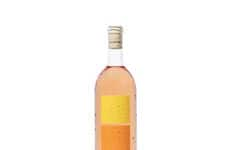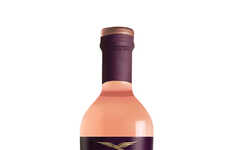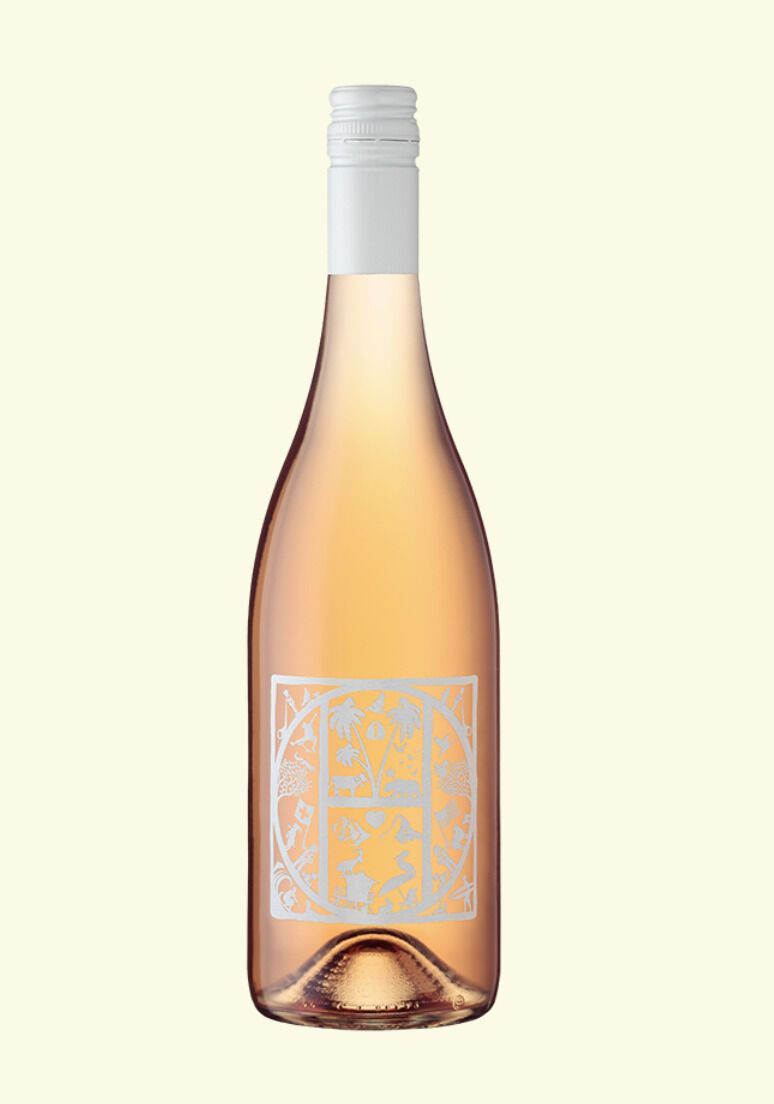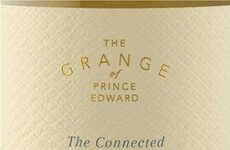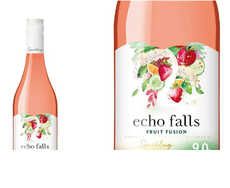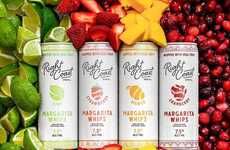
Halter Ranch Presents Its 2023 Effervescent Rosé
References: shop.halterranch
Halter Ranch's 2023 Effervescent Rosé will immediately capture the attention of wine connoisseurs due to its vibrant blend of aromas and flavors. Comprised of 93% Grenache, 5% Picpoul Blanc, and 2% Mourvédre, the offering embodies a well-balanced and interesting blend
The Halter Ranch 2023 Effervescent Rosé is sure to delight the senses with aromas of strawberry, rose petals, and papaya, leading to a crisp, bubbly palate revealing watermelon and raspberry notes. The experience concludes with a refreshing, clean finish. Ideal pairings for the 2023 Effervescent Rosé include prosciutto and melon, summer salads, festive occasions, and fruit-driven desserts.
Harvested on specific dates in 2023, the grapes underwent a gentle fermentation process in tank at 52°F for 15 days. Following fermentation, the wine settled for four months in stainless steel tanks, retaining its natural CO₂. Aged for three months, it achieves an alcohol content of 12% and balanced acidity with a pH of 3.19 and total acidity of 6.8 g/L.
Image Credit: Halter Ranch
The Halter Ranch 2023 Effervescent Rosé is sure to delight the senses with aromas of strawberry, rose petals, and papaya, leading to a crisp, bubbly palate revealing watermelon and raspberry notes. The experience concludes with a refreshing, clean finish. Ideal pairings for the 2023 Effervescent Rosé include prosciutto and melon, summer salads, festive occasions, and fruit-driven desserts.
Harvested on specific dates in 2023, the grapes underwent a gentle fermentation process in tank at 52°F for 15 days. Following fermentation, the wine settled for four months in stainless steel tanks, retaining its natural CO₂. Aged for three months, it achieves an alcohol content of 12% and balanced acidity with a pH of 3.19 and total acidity of 6.8 g/L.
Image Credit: Halter Ranch
Trend Themes
1. Unique Blends in Winemaking - Exploration of unconventional grape varieties and flavor profiles offer new opportunities for creating distinctive wine blends.
2. Artisanal Fermentation Processes - Innovative fermentation techniques, such as gentle tank fermentation at low temperatures, provide avenues for enhancing wine characteristics and quality.
3. Specialized Aging Techniques - Experimentation with unique aging methods like stainless steel tanks with retained CO₂ opens up possibilities for refining wine textures and tastes.
Industry Implications
1. Wine Production - The wine industry can leverage unique blending methods and fermentation processes to craft premium, one-of-a-kind wine offerings.
2. Hospitality and Culinary - The hospitality sector has the opportunity to enhance guest experiences by pairing innovative wines with tailored food menus for special occasions.
3. Food and Beverage Retail - Food and beverage retailers can introduce exclusive wine selections that showcase diverse grapes and aging techniques to attract discerning consumers seeking distinct flavors.
4.6
Score
Popularity
Activity
Freshness


